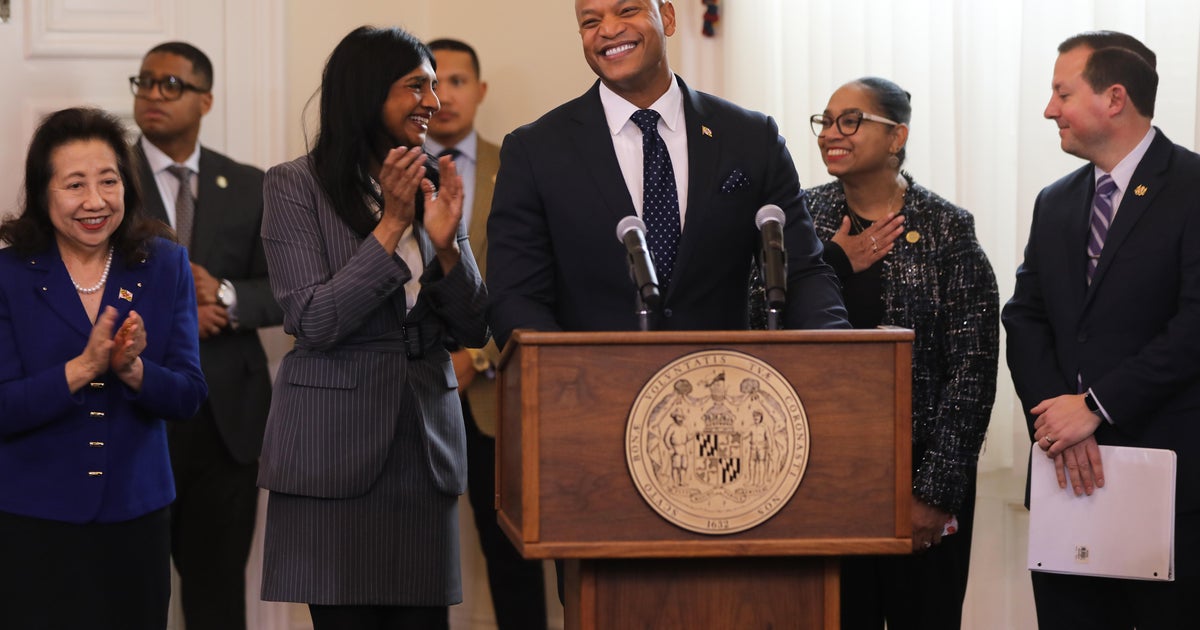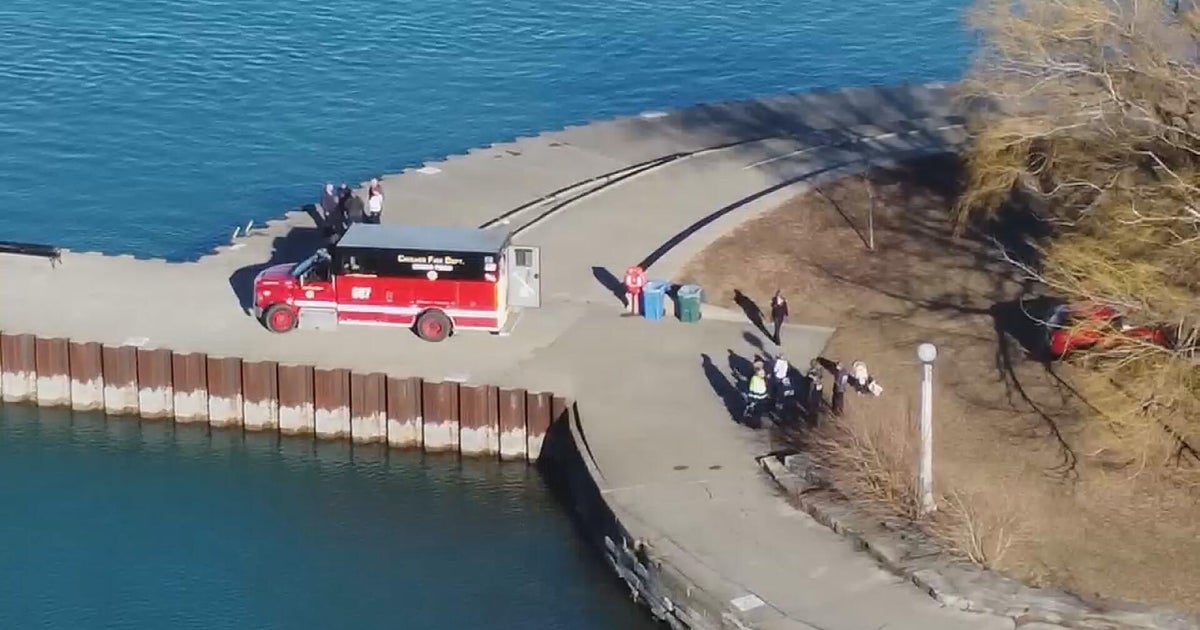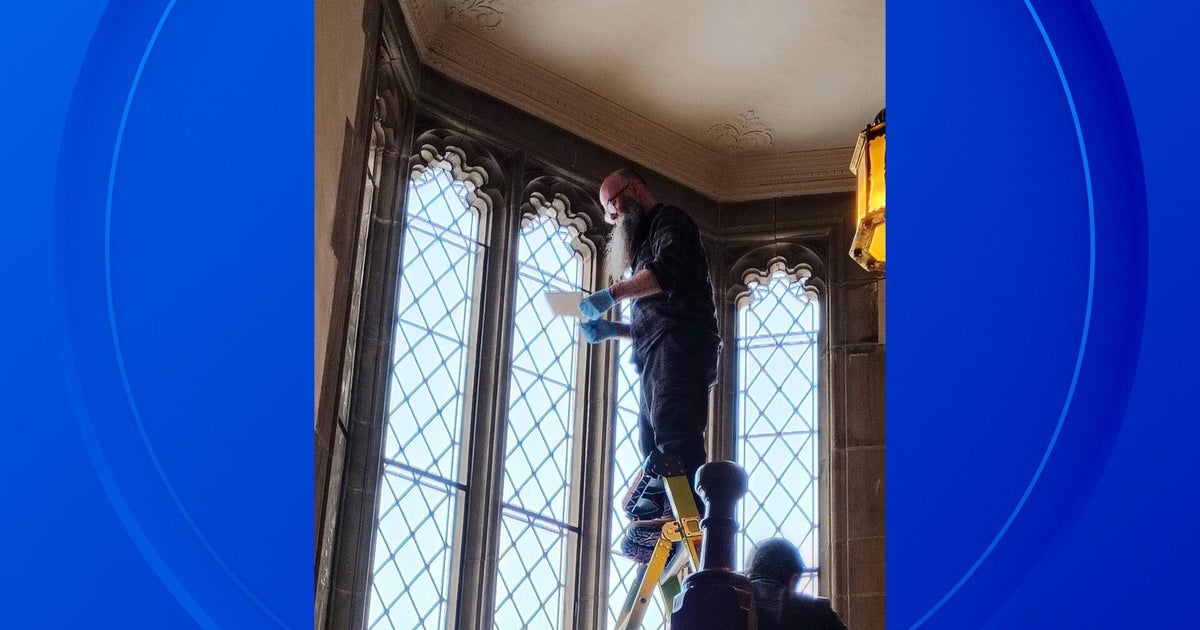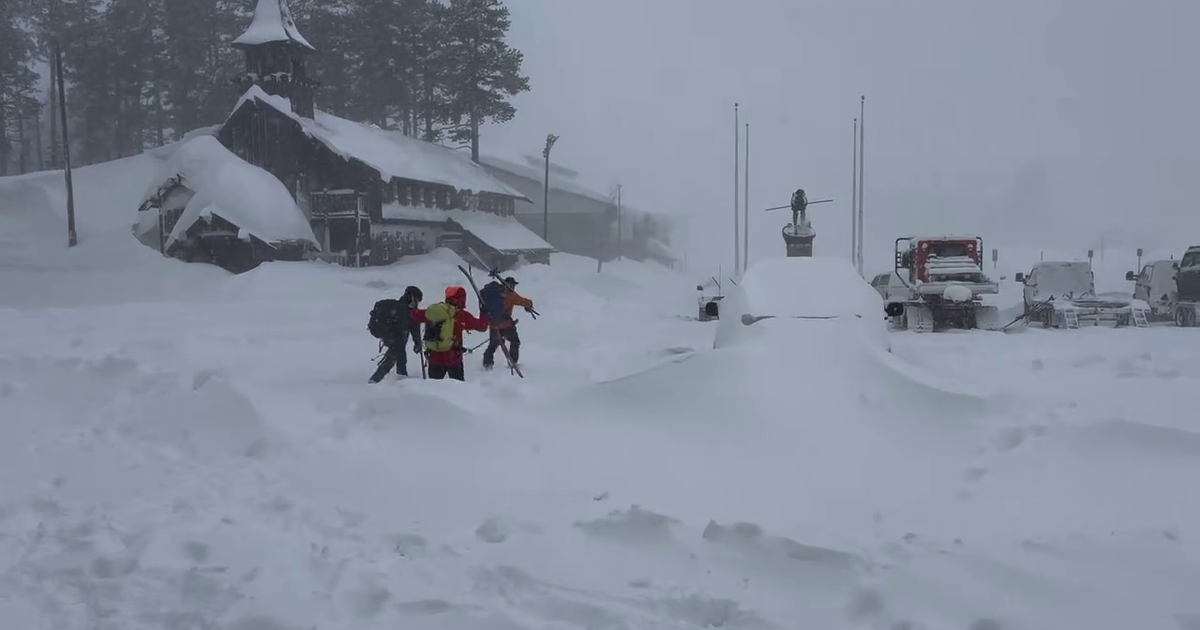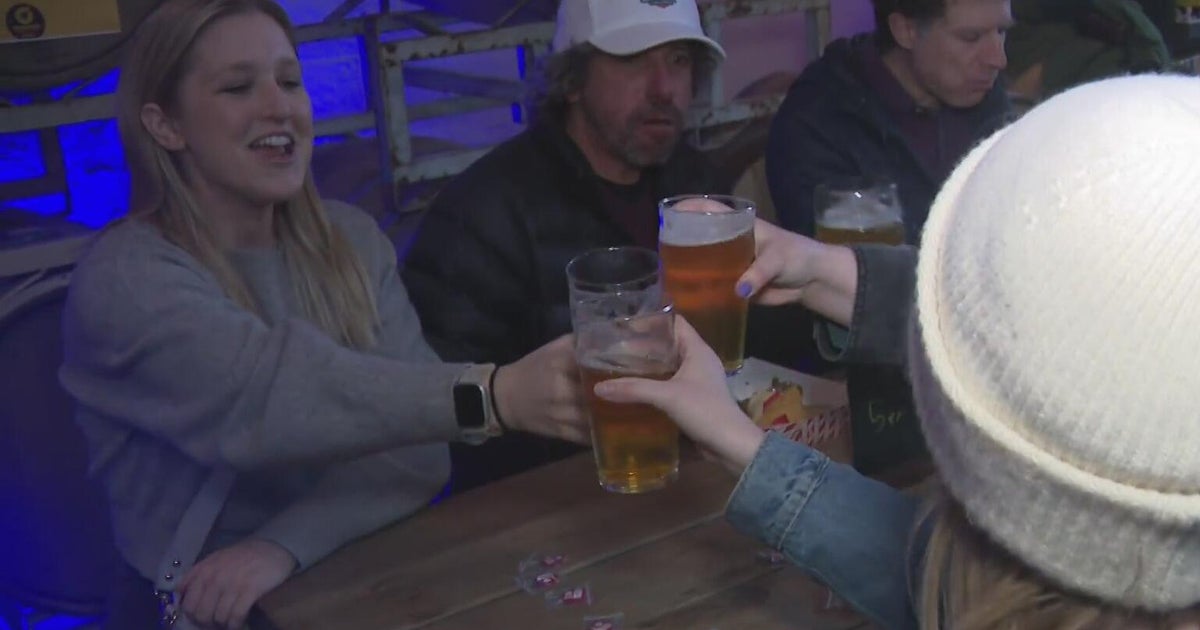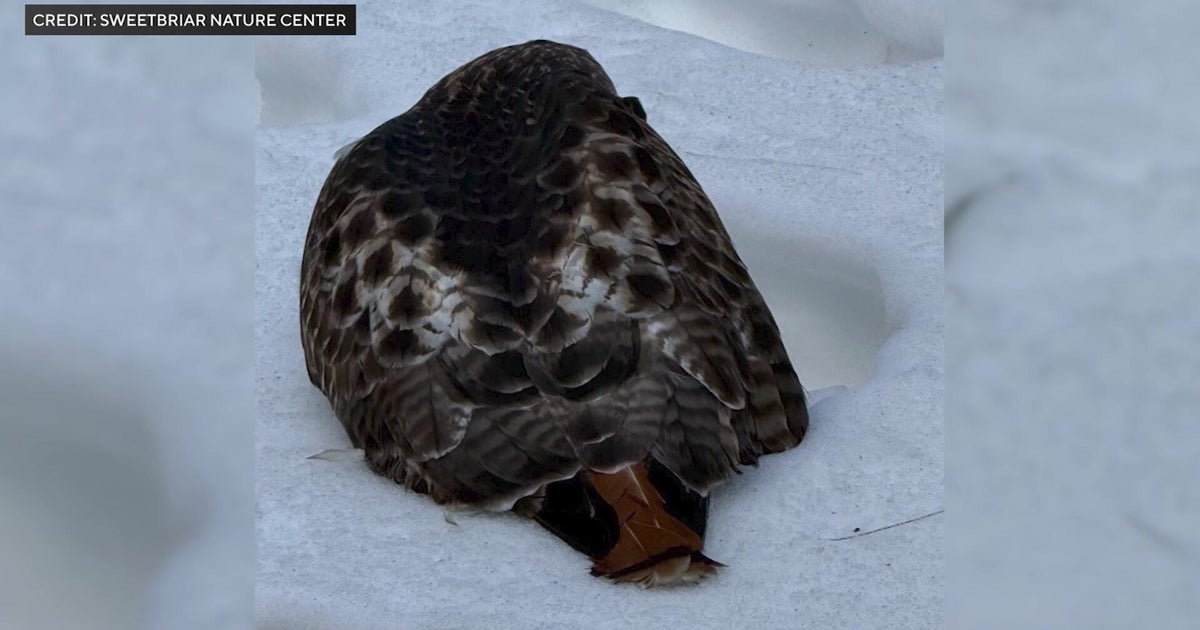Historic partnership penned to help save endangered salmon
REDDING - Over the past year, CBS New Bay Area has been showing viewers California's effort to save the winter run chinook salmon - a fish that has almost been lost to dammed rivers and warming waters.
It's part of a growing partnership between state and federal wildlife agencies - and a small California tribe that's been fighting to save those fish for years, and bring them back home.
On Monday, a historic pact was signed to expand on those efforts, and KPIX reporter Wilson Walker was there on the McCloud River.
"That's who I think, today, when we put down our footsteps, and we put down some songs," explained Winnemem Wintu Chief Caleen Sisk. "That's who we were sending that out to is our elders, our ancestors, who were here before us."
For Sisk and the Winnemem Tribe, this day would have seemed improbable, or impossible, just a few years ago. A tiny California tribe without federal recognition, signing a formal agreement with state and federal partners. When the moment arrived to actually sign the documents, the tribe's spiritual leader couldn't help but acknowledge generations of mistrust.
"The only reservation I have is against the government," Sisk laughed. "Reservations about whether or not they're telling me the truth."
In many ways, the new partnership is the result of a crisis. Drought and warmer temperatures, each intensifying in a changing climate, have pushed winter run chinook to the brink of extinction. Their last best hope is a return home to the McCloud River, from which they've been cut off since construction of Shasta Dam.
"Felt like over this past year, we kind of had it like a start or restart to actually maybe two different relationships," said Cathy Marcinkevage of NOAA Fisheries. "One among the tribe, NOAA fisheries and the department, and then one more broadly among people, salmon, and the McCloud River."
Over the past year, KPIX has reported on the incredible effort to save these fish, including eggs being flown in by helicopter to be incubated in the McCloud itself before being released and caught in a trap downstream. Those fish were then transported -- by bucket, in a car -- down I-5 to a release point on the Sacramento River.
About 1,600 were moved in total, but the new agreement hopes to build on that kind of work. One goal is to bring wild chinook from New Zealand, fish that were originally brought over from California, back to these waters, bringing the original genetic line back where it started.
"I wanna go home," said Chuck Bonham of the California Dept. of Fish and Wildlife. "Home is where the heart is. The heart this is where warmth is, is where the beginning of life is. It's often with the end of life, the salmon to need to come home. Bringing salmon home is part of salmon's future in California. So chief, thank you for your leadership in that regard. "
Bringing the fish home also brings the Winnemem people closer to their original home. Like saving the chinook, that is a work in progress, with a lot of hope invested in this agreement.
"It's kind of like we are them and they are us and whatever happens to them happens to us," Sisk said of the relationship between her tribe and the salmon. "And so, they're on the brink of extinction and so are we. And so if we can help bring them back maybe we will too."

